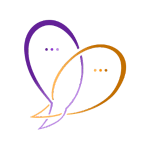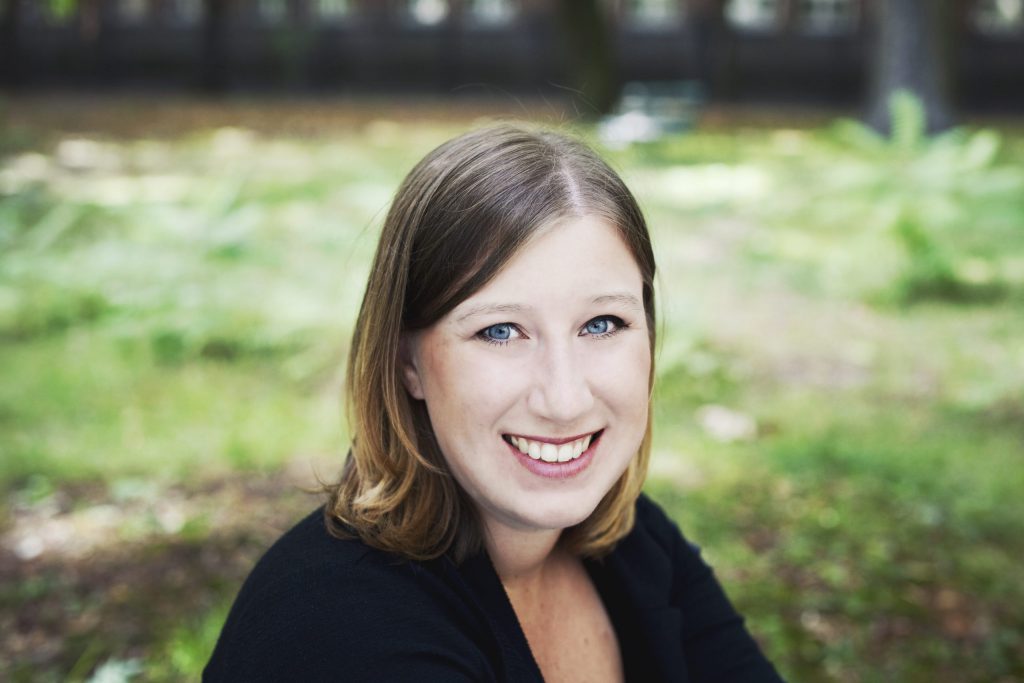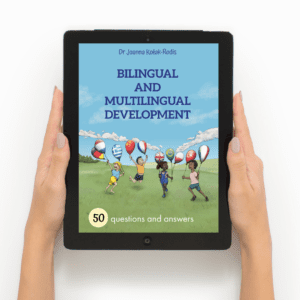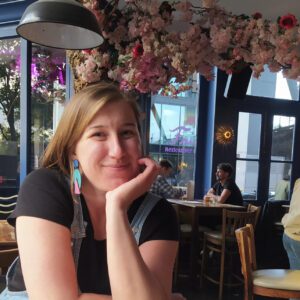My name is Joanna, I am a psychologist, researcher and lecturer. I live in the UK.
For over eight years, I have been helping bilingual and multilingual families from around the world face everyday challenges and dispel doubts:
- Which multilingual upbringing strategy to choose? Who is talking to whom, where and when?
- Is it better to introduce all languages in the child’s environment at once or one at a time?
- How to encourage the child to speak the language if they are reluctant to use it?




